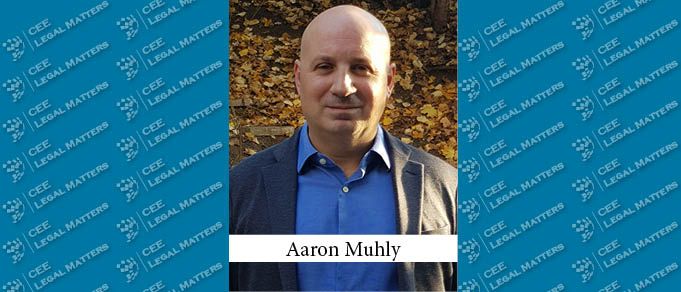The following situation would cause me to pull my hair out – if I had any left.
Frequently, I hear students apologize for their English. For example, they will hand me writing samples with an embarrassed look on their face and try to lower my expectations with some strange excuse like “my English teacher was previously my parent’s Russian teacher.”
Such apologies drive me crazy because they are completely unnecessary. In 99% of the cases, after I review their sample, I discover that their English is more than adequate for their job.
Unfortunately, however, this mistaken mindset retards their skill development as lawyers. There is nothing more disappointing for me than seeing young lawyers struggle in a negotiation or while making a speech because they incorrectly fear that their colleagues will laugh at their English.
If you count yourself as one of these unfortunate souls, read on to discover why your English is probably not your problem.
Do Mistakes Really Matter?
Please read the following two versions of the same legal text and select the version that your clients would prefer.
1. Pursuant to the French Public Procurement Act, a request that the ECJ provide a preliminary opinion in accordance with the EC Treaty may be initiated by the Arbitration Committee. In the event of such a decision by the Arbitration Committee, it suspends the proceeding (therefore the 60 + 30 day deadline is not affected). In our estimation, the likelihood that the Arbitration Committee requests a preliminary opinion from the ECJ does not exceed 50 percent.
2. Pursuant to the French Public Procurement Act, the Arbitration Committee may request that the ECJ provide a preliminary opinion according to the EC Treaty. If the Arbitration Committee decides to make such a request, it suspend the proceeding (therefore the 60 + 30 day deadline is not affected). In our estimation, the Arbitration Committee is not more than 50 purcent likely to request a preliminary opinion from the ECJ.
If you are like most readers, you prefer the second version, the version that is filled with English mistakes. In sentence 1, I misused “according to” instead of “in accordance with.” In sentence 2, I incorrectly used the plural form, “suspend,” instead of “suspends.” In sentence 3, I misspelled the word “percent.”
Despite the flaws, readers prefer version 2 because it uses reader-friendly sentence structures. For example, each sentence in version 2 begins with the same important story element – the Arbitration Committee. Such repetition helps the reader tie the sentences together into a coherent narrative.
I am not saying that English mistakes are not a turn-off for clients. But clients are unlikely to care about or even notice your mistakes if you focus on utilizing reader-friendly writing structures. Another way of saying this is: you could have the best English on the planet, but clients aren’t going to like your writing if you can’t structure it to match their needs. In this case, does it really make sense for you to be obsessing over your English?
What If I Still Have an English Problem?
If you still have concerns about your English, you are probably struggling with the absurd complexity of legal English terminology. In this case, I recommend that you order yourself a copy of Professor Bryan Garner’s Dictionary of Legal Usage. Professor Garner is the expert on legal English usage (e.g., he is the editor of Black’s Law Dictionary). In his Legal Usage book, he helps lawyers choose the right words and also explains common misuses of legal English.
Aaron Muhly is an American lawyer who has been training European professionals on clear writing and effective communication for over 15 years.
This Article was originally published in Issue 8.3 of the CEE Legal Matters Magazine. If you would like to receive a hard copy of the magazine, you can subscribe here.






















